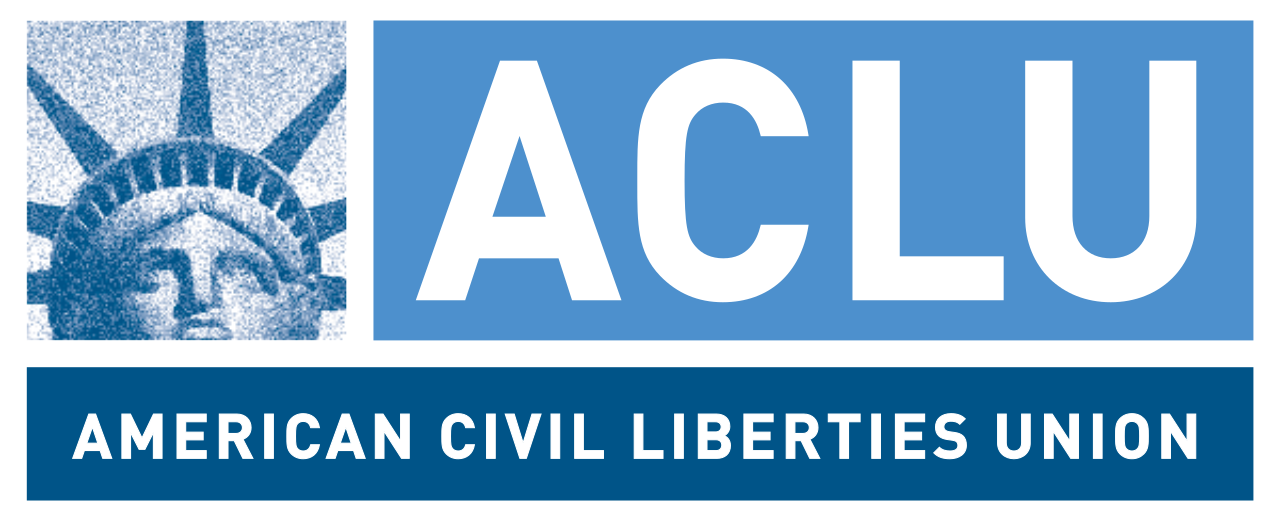Your Right to a Jury Trial in Debt Litigation
Your Right to a Jury Trial in Debt Litigation
Under the Seventh amendment you have a right to a jury trial for cases involving “damages.”
Damages is a little bit of a term of art in this sense, but it basically means “money” for claims that were traditionally brought in courts of “law” (as opposed to courts of “equity”). As it happens, breach of contract, which is what most credit card cases are, is a legal claim subject to the 7th amendment. On the other hand, claims brought under, for example, the claim of “account stated,” are equitable claims that don’t give you a right to a jury trial by themselves.
That means that if the debt collector is suing for breach of contract or “open” or “closed” account, you have a right to a jury trial under the constitution. If they are suing you EXCLUSIVELY for account stated, on the other hand, you don’t.
When you have a right to a jury trial for one claim, you have a right to jury trial for all claims, so if they bring breach of contract AND account stated, you’ll have a right to jury trial for both. Most debt defendants, therefore, do have a right to trial by jury. Should you demand a trial by jury? I usually think so.
Trials by jury force the judge to take the law of evidence more seriously. In fact they take jury trials more seriously in a lot of ways. That benefits the debt defendant because our case is usually that the debt collector does not have any evidence that complies with the rules of evidence, and we need the court to take that seriously.
I also suggest demanding a jury trial because they are far more difficult for the debt collectors.
Understand what I’m saying, though. It isn’t that debt collectors don’t know how to do jury trials or even that they aren’t good at them – individual talent varies, of course. I’m only saying that debt cases tried to a judge can take twenty minutes. Picking a jury can take hours. And all the rules have to be carefully followed, and there are special rules and procedures, too. So demanding a jury might require 20 times as much attorney time. And time is money. Especially attorney time at $250/hour.
Debt plaintiffs don’t like cases that take a lot of time. It increases their costs, and they know you don’t have much money, so they worry about getting it back. Debt collector lawyers also worry about cases taking a long time because their performance affects their annual pay, and long debt cases hurt them.
In my opinion, those are strong reasons to seek a jury trial, and I might add that there will be times when a jury is also more sympathetic to the defendant than a judge would be. Judges haven’t faced debt trouble in a very long time, in general, by the time they’ve become judges. Most jurors, on the other hand, will have money worries. But I wouldn’t rely on this too much. Some judges are sympathetic, and some take their work seriously whether they’re sympathetic or not. And some juries can be pretty harsh.
But our goals in jury trials don’t depend on the jury that much. We want the judge to exclude evidence that shouldn’t be seen, and they take that more seriously when there’s a jury. Then it’s clear the debt collector didn’t make its case.
So why might you NOT want a jury? The only reason I’ve ever heard from debt defendants is that they’re scared of them. And I hear that a lot, but it’s not a good reason. Almost everybody I know who has ever had a jury trial has said it wasn’t scary. Not when you’re doing it. They are a little scary to think about and get ready for – pretrial jitters are normal, but once the trial starts, you’ll be too busy to be nervous. That’s as true of jury trials as it is of judge-tried cases.
You have a right to a trial by jury, but how and when you ask for it can make a difference. In some jurisdictions you just put it at the end of your Answer. In some jurisdictions you have to enter it as a separate request, separately. Which of these you’ll need to do is probably in your court’s local rules, but you might ask a court clerk about that. If you can’t get an answer from an authority, I’d suggest putting it both on your Answer and making a separate request which you submit at the same time as your Answer.
If you didn’t ask for a jury trial, is it too late?
The law favors jury trials, but individual judges often don’t, since they know as well as I do that jury trials take more time and attention. For that reason, if you haven’t already asked for a jury trial, I suggest you do it ASAP. The number of days could matter, since a court’s discretion to deny a request for jury is probably tied to how long the case has been going on. You should do a little research before filing your jury demand, though, because if you don’t do it right off the bat, you’ll need to file a motion that tells the judge why you should get one. That isn’t complicated, but you’ll want to know what the rules are that apply to it.



